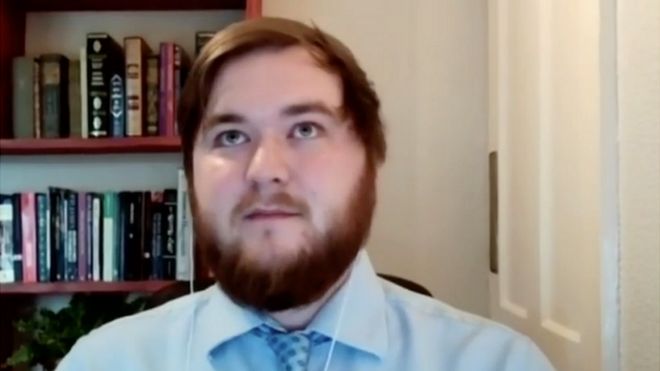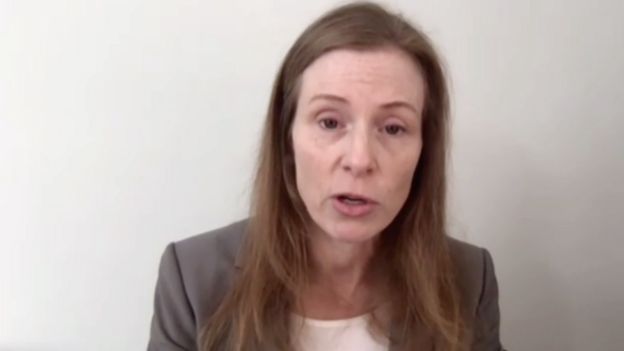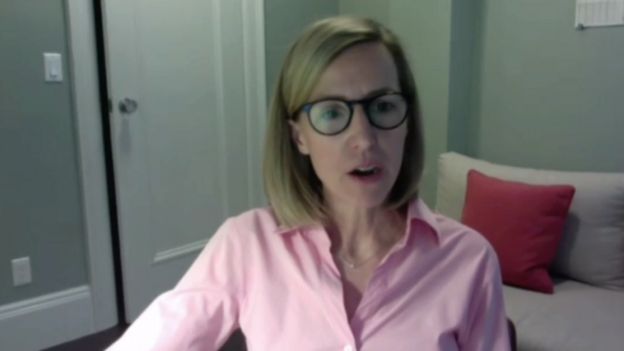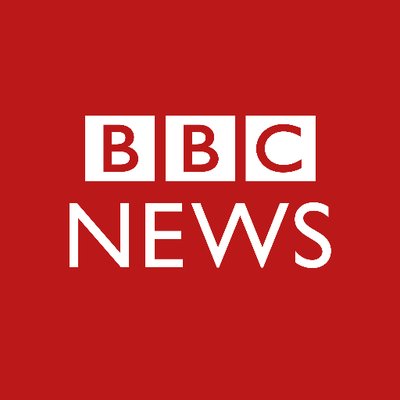Medics call for action on social media Covid-19 ‘infodemic’

A paramedic has described how a patient with symptoms of a heart attack refused treatment after reading on Facebook that she would die if she went to hospital during the Covid-19 crisis.
The account was among hard-hitting testimony given by medics to MPs about the damage misinformation on social media is doing to frontline healthcare.
The doctors called for tougher action on Google, Twitter and Facebook.
All three firms told MPs they were working hard to tackle the problem.
The social media giants were giving evidence to the Digital, Culture, Media and Sports committee’s inquiry into online harms and disinformation.
The MPs also questioned Facebook about its decision to let recent messages by US President Donald Trump appear unaltered on its app, despite Twitter adding fact checks and a warning label to identical posts to its platform.
Salt water
Paramedic Thomas Knowles told MPs: “There were days when I was having multiple calls per day dealing with elements of misinformation.”
He added a lot of it was “deliberate, well-constructed and peddled” by people describing themselves as health practitioners. They had thousands of followers, he said, and made money from their false claims.
Dr Megan Smith, a consultant anaesthetist, said “doctors across the board” had similar stories about patients not going to hospital because they had read on social media that Covid-19 was a mild illness, or because they had believed remedies such as gargling salt water would help.
She said that social media sites “facilitated the distribution” of these falsehoods.
In written evidence, one New York-based disease specialists added that deaths could have been prevented “if we’d tightened our grip on misinformation”.
Rotten state
Monica Bickert, head of product policy at Facebook, said millions of Facebook users had viewed the official health information it had been promoting from sources such as the NHS since January.

She was asked why a post mocking the death George Floyd, the black man who died in police custody last week, was not removed when it was flagged to them.
She admitted the process of content removal was “not perfect”.
She was also questioned about Facebook’s controversial decision not to intervene over President Trump’s post about looting, despite the fact that Twitter had hidden it behind a warning that it glorified violence.
She was asked what she thought about a letter sent to the New York Times by former employees expressing their dismay.
“It looks to me like something is rotten in the state of Facebook,” commented one MP.
Ms Bickert said she had not read the letter.
“The decision we made last week, the post did not violate our policies. These are longstanding policies. We allow people to discuss government use of force,” she said.
Promoting conspiracies
YouTube was grilled by Home Affairs Committee chair Yvette Cooper, who joined the session as a guest, over the ways it promotes certain content.
She told YouTube executive Leslie Miller that she had searched on the platform for clips related to 5G and David Icke, and had then been recommended an anti-vaccination video, even though she had not searched for anything on the topic.
“That is what I’ve been encouraged by YouTube to watch. Surely this is utterly irresponsible?” she asked.

In response Ms Miller said: “I can’t speak to that specific example but where there are videos that violate our policies we do work to remove them and reduce the availability of that content.”
She added that videos suggesting that 5G was causing coronavirus were being continually removed and David Icke’s personal account had been taken down.
Power of tweets
Twitter’s director of public policy Nick Pickles was asked whether the firm’s decision to begin labelling some of President Trump’s tweets had changed it from a platform into a publisher.
“Sometimes you don’t want to remove the content but you do want to add context to help people understand and avoid people being confused, so that’s the intervention that we deployed,” he responded.
When it came to content around Covid-19 he said it was “very complicated particularly when there are pre-publication, non-peer-reviewed papers being discussed”.
But he added that the benefit of social media over traditional media was that it gave “many, many people a voice”. He used the example of the events around the killing of George Floyd, which he said had led to 10 million tweets using the hashtag #BlackLivesMatter.
“That was the most that movement had ever been talked about, and that can’t happen in the traditional media world.”

